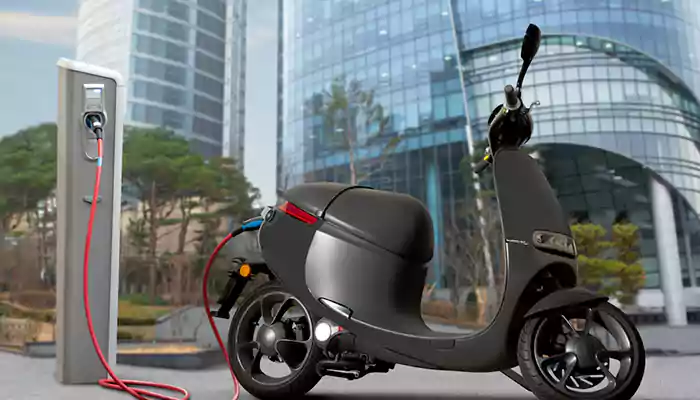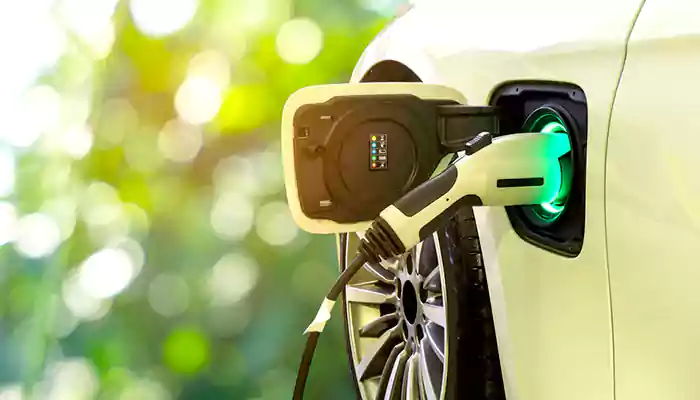
The global shift towards electric vehicles (EVs) is driven by the need to reduce carbon emissions, combat climate change, and transition to sustainable energy sources.
In Nigeria, the adoption of electric vehicles presents both significant opportunities and substantial challenges. As the world’s largest economy in Africa and a major oil producer, Nigeria’s journey towards embracing EVs is complex, involving economic, infrastructural, and environmental considerations.
Prospects of Electric Vehicles in Nigeria
- Environmental Benefits
One of the most compelling arguments for the adoption of electric vehicles in Nigeria is the potential environmental benefit. Nigeria faces severe air pollution issues, particularly in urban areas like Lagos, where emissions from fossil fuel-powered vehicles contribute to poor air quality and related health problems. The shift to EVs could significantly reduce greenhouse gas emissions and improve air quality, contributing to better public health and aligning with global climate goals.
- Economic Diversification
As a country heavily reliant on oil exports, Nigeria’s economy is vulnerable to fluctuations in global oil prices. The adoption of electric vehicles presents an opportunity to diversify the economy by investing in alternative energy sources and manufacturing. The development of an EV industry could spur local manufacturing, create jobs, and attract foreign investment, particularly in the renewable energy sector, such as solar and wind power, which are essential for charging EVs sustainably.

- Reduced Fuel Costs
Electric vehicles are generally cheaper to operate than traditional internal combustion engine (ICE) vehicles. With the rising cost of fuel in Nigeria, EVs offer the potential for significant savings on energy costs for consumers and businesses. Moreover, the reduced dependence on imported fuel can improve Nigeria’s trade balance and reduce the strain on foreign reserves.
- Technological Advancements and Innovation
The push towards electric vehicles can stimulate technological innovation in Nigeria. Local startups and tech companies have the opportunity to develop solutions related to EVs, such as battery technology, charging infrastructure, and smart grid systems. This innovation could position Nigeria as a leader in Africa’s transition to sustainable transport.
Challenges of Electric Vehicles in Nigeria
- Inadequate Infrastructure
One of the most significant barriers to EV adoption in Nigeria is the lack of adequate infrastructure. The country’s electricity grid is already overburdened and unreliable, with frequent power outages affecting businesses and households. For electric vehicles to be viable, Nigeria needs substantial investment in charging infrastructure, including the establishment of charging stations across urban and rural areas. Without reliable and widespread access to charging facilities, the adoption of EVs will remain limited.
- High Initial Costs
The initial cost of electric vehicles remains a significant obstacle for many Nigerians. While the long-term operational costs of EVs are lower, the upfront cost of purchasing an EV is higher compared to traditional vehicles. Additionally, import taxes and duties on EVs can further increase their price, making them unaffordable for a large portion of the population. Incentives, subsidies, or tax breaks could help lower the entry barriers, but these are currently limited or nonexistent.

- Public Awareness and Perception
There is still a lack of public awareness and understanding of electric vehicles in Nigeria. Many consumers are unfamiliar with the benefits and functionality of EVs, leading to hesitancy in adopting the technology. Furthermore, concerns about the range of EVs, charging times, and the availability of maintenance services contribute to scepticism among potential buyers. Public education campaigns and demonstration projects could help build trust and encourage adoption.
- Dependence on Oil Revenue
Nigeria’s economy is heavily dependent on oil revenues, which presents a paradox in the transition to electric vehicles. A shift away from fossil fuels could threaten the country’s economic stability unless carefully managed. Policymakers need to balance the push for EV adoption with the need to maintain economic growth, potentially by reinvesting oil revenues into renewable energy and EV infrastructure.
The prospects for electric vehicles in Nigeria are promising, offering significant environmental, economic, and technological benefits. However, the country faces substantial challenges, including inadequate infrastructure, high costs, and a reliance on oil revenue. For Nigeria to successfully transition to electric vehicles, concerted efforts from the government, private sector, and international partners will be required. By addressing these challenges and leveraging the opportunities, Nigeria can position itself as a leader in sustainable transportation in Africa.












